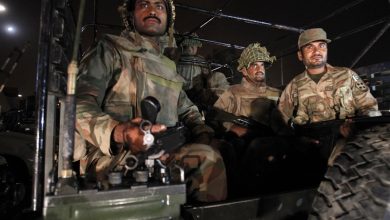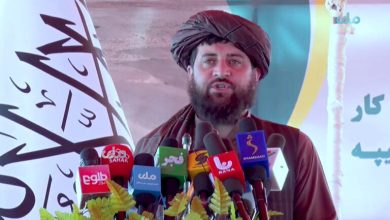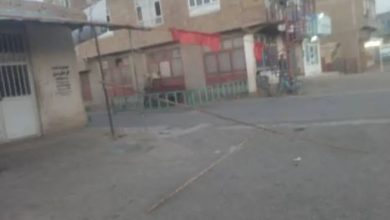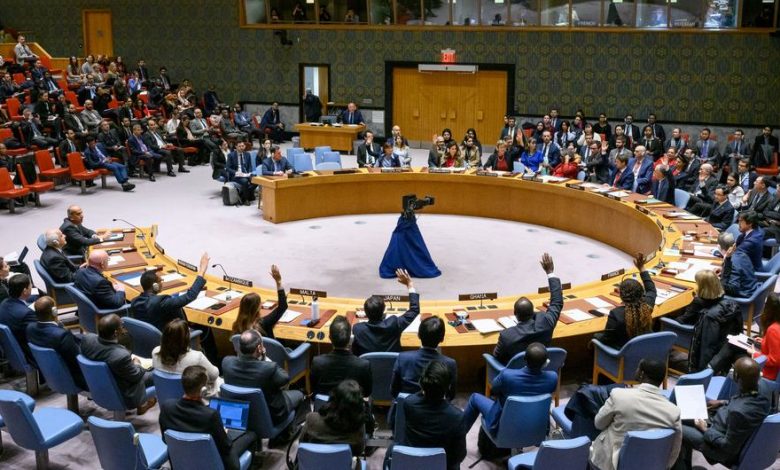
UN Security Council Meeting on Afghanistan; Security Situation Has Worsened
Bayan News – Representatives of Russia and France at the United Nations Security Council meeting expressed concerns over the deteriorating security situation in Afghanistan, emphasizing that the interim government has not taken adequate action against the ISIS-Khorasan branch.
The UN Security Council meeting, focused on Afghanistan, was held on Thursday evening (December 12) Kabul time.
Jean Dermedikari, Deputy Representative of France at the Security Council, stated that Al-Qaeda has been revived in Afghanistan, and ISIS-Khorasan is threatening regional security. As a result, Afghanistan’s security situation has worsened in recent months.
The French official further voiced concerns that ISIS-Khorasan has activated its supporters in Europe as well.
Meanwhile, Vasily Nebenzya, Russia’s representative at the UN Security Council, criticized the interim government’s efforts against the ISIS terrorist group, describing them as insufficient. He stated that ISIS-Khorasan has strengthened its presence in Afghanistan and is recruiting more fighters.
“We are aware of the Taliban’s efforts,” Nebenzya said, “but unfortunately, these efforts are not enough to eradicate this group. We see that they are solidifying their presence in Afghanistan and recruiting new fighters, particularly from outside the country.”
According to Nebenzya, ISIS has altered and expanded its attack methods in Afghanistan, with ethnic and religious minorities, particularly women and children, being the primary victims of these assaults.
He explained that while the targets of terrorist attacks in Afghanistan remain unchanged, ISIS is attempting to establish itself as an alternative force in the country and destabilize regional nations.
Nebenzya further noted that ISIS-Khorasan receives financial support from outside Afghanistan and is using weapons left behind by Western countries in the region.
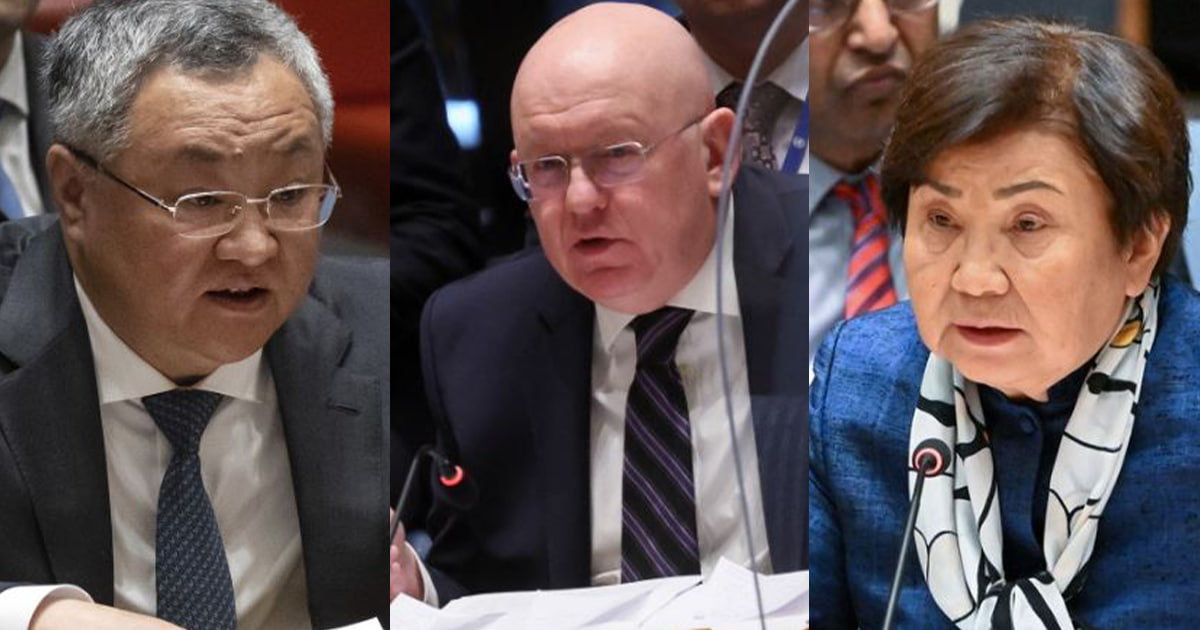
Formation of an Inclusive Government
Zhang Jun, China’s representative at the Security Council, highlighted the positive achievements of the interim government over the past three years, noting that despite the crisis, Afghanistan has achieved stability. The economy and salaries of government employees are improving, he added.
“Afghanistan is at a critical stage of peaceful reconstruction,” Zhang said. “The security situation has stabilized, living conditions are gradually improving, and regional cooperation with Afghanistan has become deeper and stronger.”
Regarding terrorist threats in Afghanistan and the reduction of humanitarian aid, Zhang urged the international community to address these issues.
He identified food shortages, increased migration, environmental pollution, and reduced international assistance as key challenges for Afghanistan. Zhang emphasized that countries should not use the reduction of international aid as a tool for political pressure. Instead, he called for international investors to invest in Afghanistan at this critical juncture.
Zhang urged the United States to release Afghanistan’s frozen assets unconditionally and lift unilateral sanctions.
He also addressed restrictions on women’s employment and education, asserting that these issues are not the primary focus and that global support for Afghanistan’s reconstruction is crucial.
Additionally, Zhang called on the interim government to establish an inclusive and representative government that would serve the interests of all Afghans.
Isolation of Afghanistan Is Not the Solution
Rosa Otunbayeva, the UN Secretary-General’s Special Envoy for Afghanistan, called for continued global engagement with the interim government and trust-building for the benefit of the Afghan people.
“Pressure and condemnation alone do not seem to work,” Otunbayeva stated, “and if pursued without constructive and forward-looking engagement, it could lead to Afghanistan’s isolation.”
She added, “Isolation is not the solution for Afghanistan. We must continue to engage in trust-building for the benefit of its people. We need to be patient and pragmatic, firm in our principles, and, most importantly, resolute in supporting the Afghan people.”
The UN Security Council meeting was held as interim government officials reported that ISIS had carried out seven attacks in Afghanistan over the past seven months, six of which were planned and organized outside the country.
In the latest incident, ISIS claimed responsibility for an attack on an interim government cabinet minister on Wednesday.
However, interim government officials dismissed UN Security Council meetings as futile in the absence of their representative.
UN Secretary-General: Afghanistan Faces Severe Humanitarian Budget Shortfall



